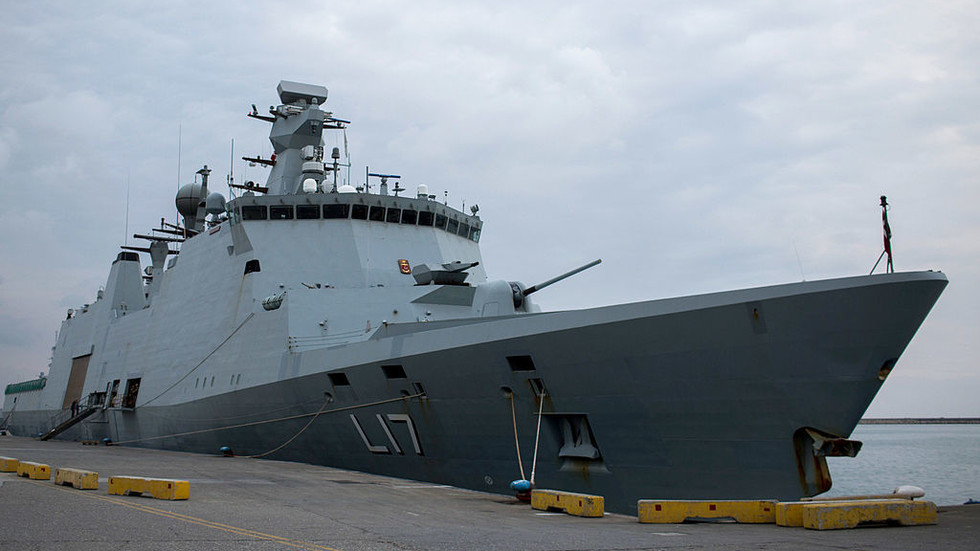In a controversial case, Denmark has agreed to provide a prosthetic limb and an “integration plan” for Lucky Frances, a Nigerian pirate who injured himself while attempting to attack the Danish naval frigate, Esbern Snare, in 2021. The incident occurred in the Gulf of Guinea, where Frances, alongside a group of pirates, tried to board the vessel during a patrol operation. The confrontation resulted in the deaths of four pirates and left Frances with a severe gunshot wound that ultimately led to the amputation of his leg. Following these events, he was brought to Denmark for medical treatment, where he was subsequently put on trial.
The Copenhagen court found Frances guilty of endangering the lives of Danish naval personnel but opted not to imprison him due to his medical situation. Instead, he was granted asylum in Denmark and received a residence permit earlier this year, despite initially indicating a desire to return to Nigeria. This decision to allow him to remain in Denmark has sparked considerable debate and outrage among certain political factions, particularly from the right-wing Danish People’s Party, which labels the decision as completely unrealistic and absurd.
As part of Frances’ integration into Danish society, the court ruled that the state must finance a prosthetic limb, despite rejection of his claim for compensation. Additionally, he has been provided with an education and employment plan aimed at assisting him in adapting to life in Denmark. Critics argue that funding a plan for integration in this context is unreasonable, especially given Frances’s criminal actions. Danish Prime Minister Mette Frederiksen voiced her disapproval, stating that she cannot justify this decision and echoing sentiments that someone in Frances’s position should be incarcerated or detained.
The financial implications of this lawsuit have also been a point of contention. Danish taxpayers have already incurred substantial costs associated with the proceedings, amounting to approximately $615,000. Experts suggest that ongoing expenditures related to Frances’s rehabilitation and further integration efforts will add to this significant financial burden. Critics assert that the government should redirect these funds to support citizens and other pressing needs within the community.
The case has raised broader questions about the appropriateness of integration policies, particularly relating to individuals with criminal backgrounds. The Danish People’s Party has been vocal about these concerns, arguing that individuals like Frances pose a risk to society and should not receive the same benefits afforded to lawful immigrants and citizens. Such discussions have triggered a larger debate on national security, immigration, and the principles underpinning Denmark’s approach to asylum seekers and integration.
Ultimately, the decision to support Lucky Frances’s recovery and integration illustrates the complexities and challenges that governments face in balancing humane treatment with public safety and fiscal responsibility. The responses to his case reflect broader societal tensions over immigration policy and the costs associated with integrating individuals with legal and moral issues in their histories. As this situation unfolds, it will likely continue to influence public opinion and policy discussions surrounding immigration in Denmark and potentially other nations grappling with similar dilemmas.

